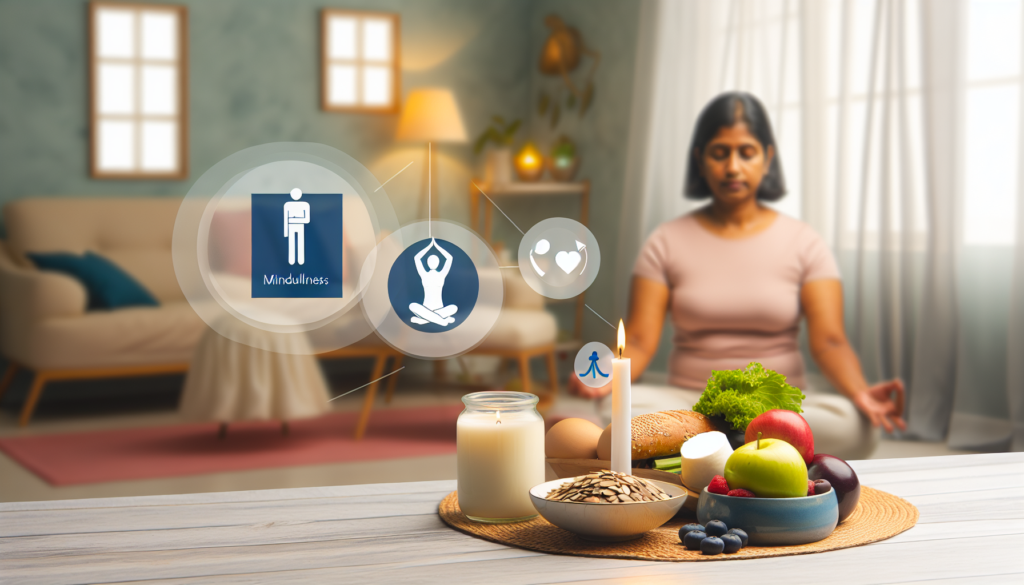Importance of Mental Wellness in Home Health Care
Our physical health often takes center stage when we discuss home health care. Yet, mental wellness plays an equally significant role. For those grappling with chronic illnesses or juggling a complicated care routine, maintaining good mental health can sometimes be a challenge. Understanding and prioritizing mental wellness is crucial for anyone involved in the home health care journey – be it patients, caregivers, or healthcare professionals.
Why is Mental Wellness Significant?
Mental wellness influences how we think, feel, and behave in our daily lives. It also has a massive impact on our ability to handle stress, build relationships, and make choices. For home health care patients, factors such as the stress of handling a disease or the potential isolation from social activities can negatively impact mental health.
How to Preserve Mental Wellness in Home Health Care
While challenges exist, several strategies can help maintain and improve mental health for home health care patients and their caregivers.
1. Regular Physical Activity
Physical activity’s positive effects on mental health are well-researched. Regular exercise can act as a mood booster and has been shown to combat depression and anxiety. This doesn’t necessarily mean vigorous workouts – even light activities like walking or stretching can be beneficial.
2. Maintaining a Balanced Diet
A balanced diet plays a critical role in maintaining good mental health. Nutritional deficiencies can exacerbate mental health issues. Consuming a diet rich in fruits, vegetables, lean proteins, and healthy fats can help.
3. Meditation and Mindfulness
Practices like mindfulness and meditation can significantly improve mental health. These relaxation techniques can increase the sense of calm, enhance focus, and provide the mental strength needed to cope with home health care challenges.
4. Connecting With Others
Though home health patients might be physically restricted, social connections remain an essential aspect of mental wellness. Regular contact with friends, family, or support groups can help combat feelings of loneliness and isolation.
Building a Supportive Environment
It’s not just the responsibility of the home health care recipient to maintain mental wellness. Caregivers and health professionals must create an environment where mental health is recognized, discussed, and supported. Open communication and compassion can make a considerable difference.
Caring for our mental health isn’t a luxury – it’s a necessity. In the home health care context, its importance becomes even more palpable. No matter the challenges that come our way, with the right tools, support, and attitude, we can foster an environment promoting both physical and mental wellness.



